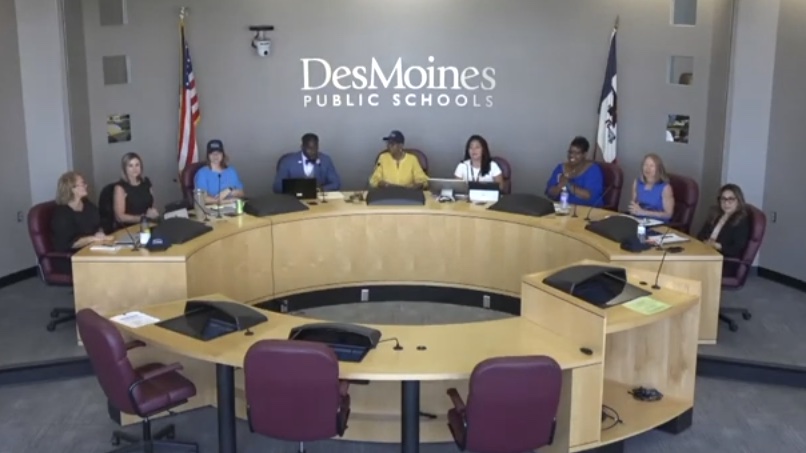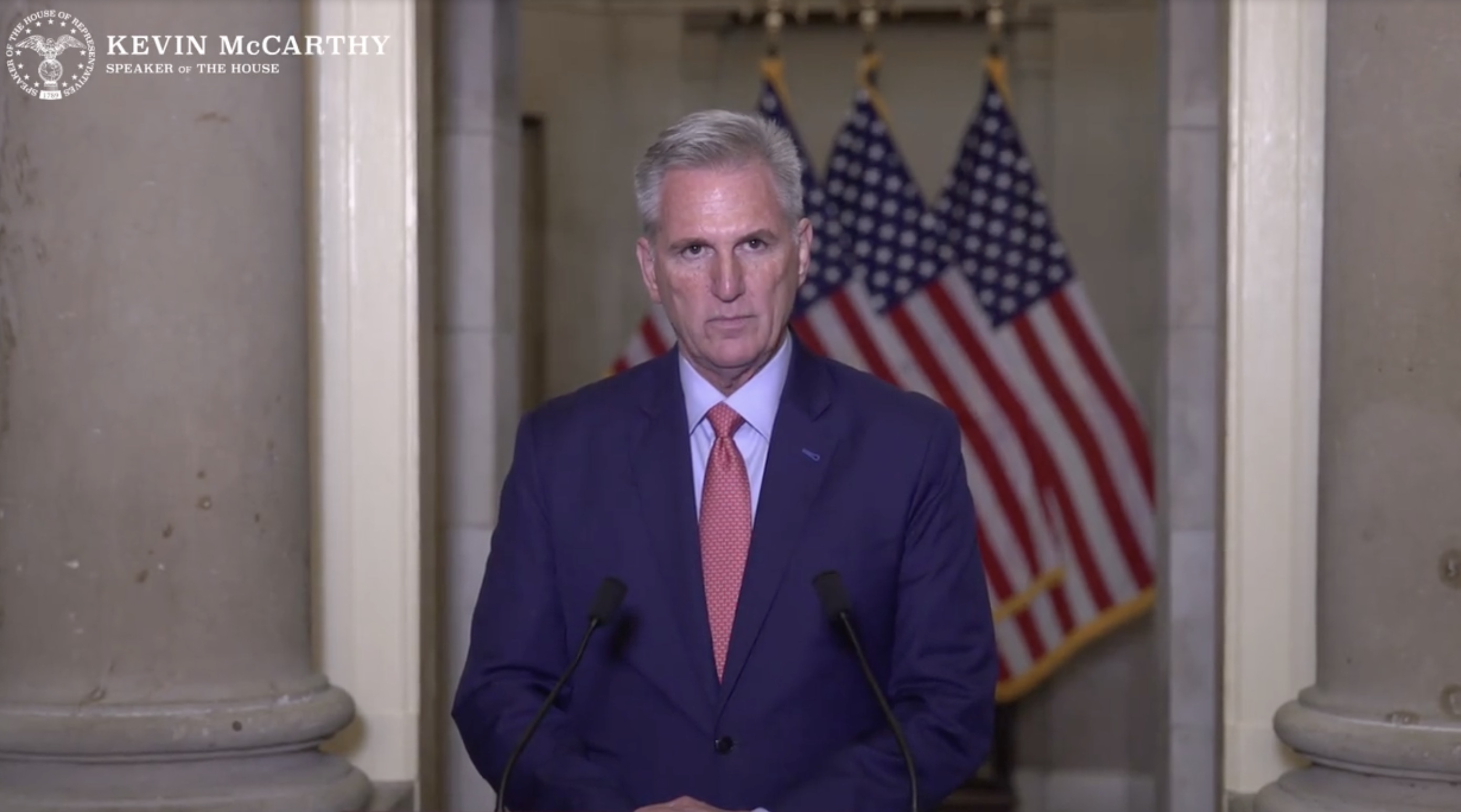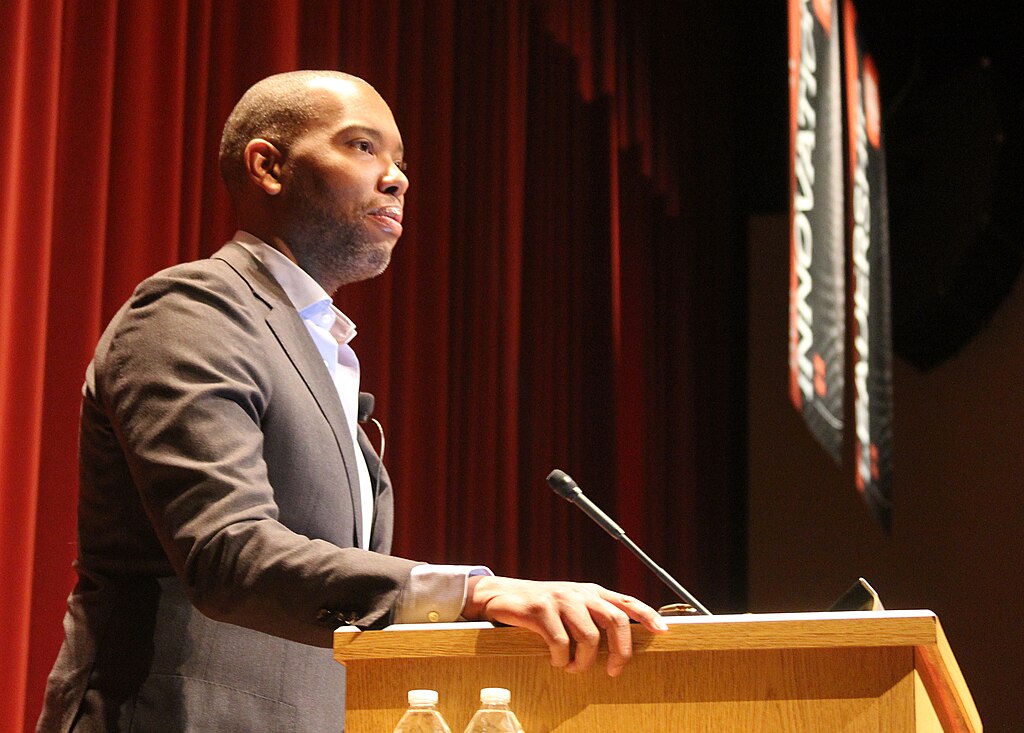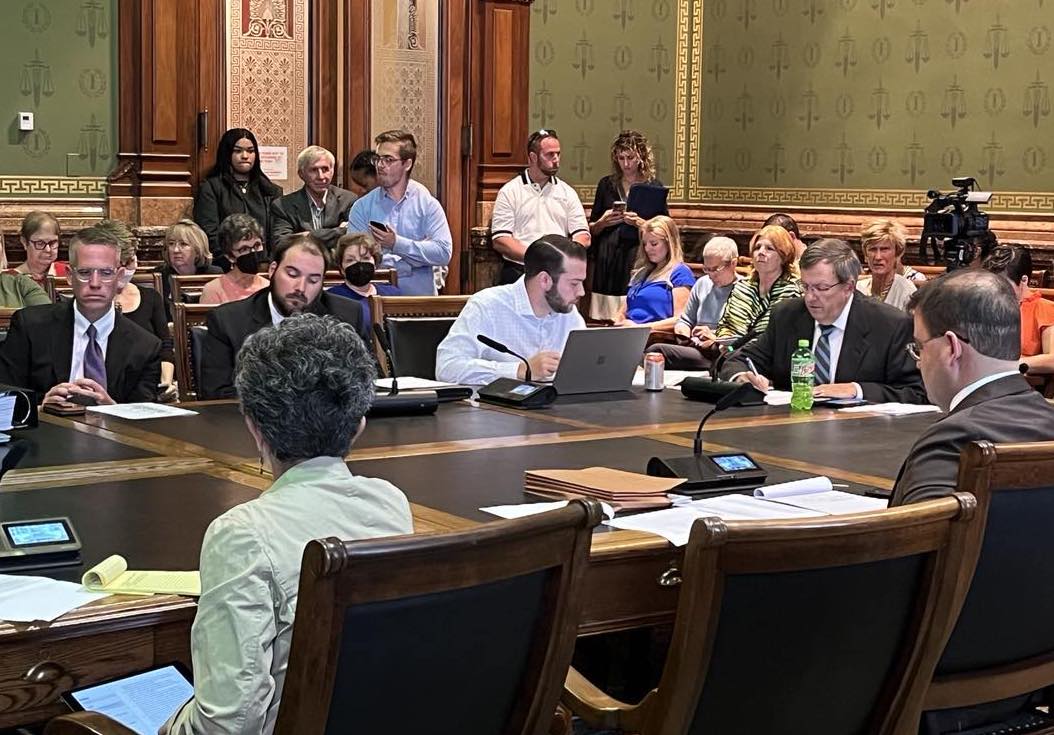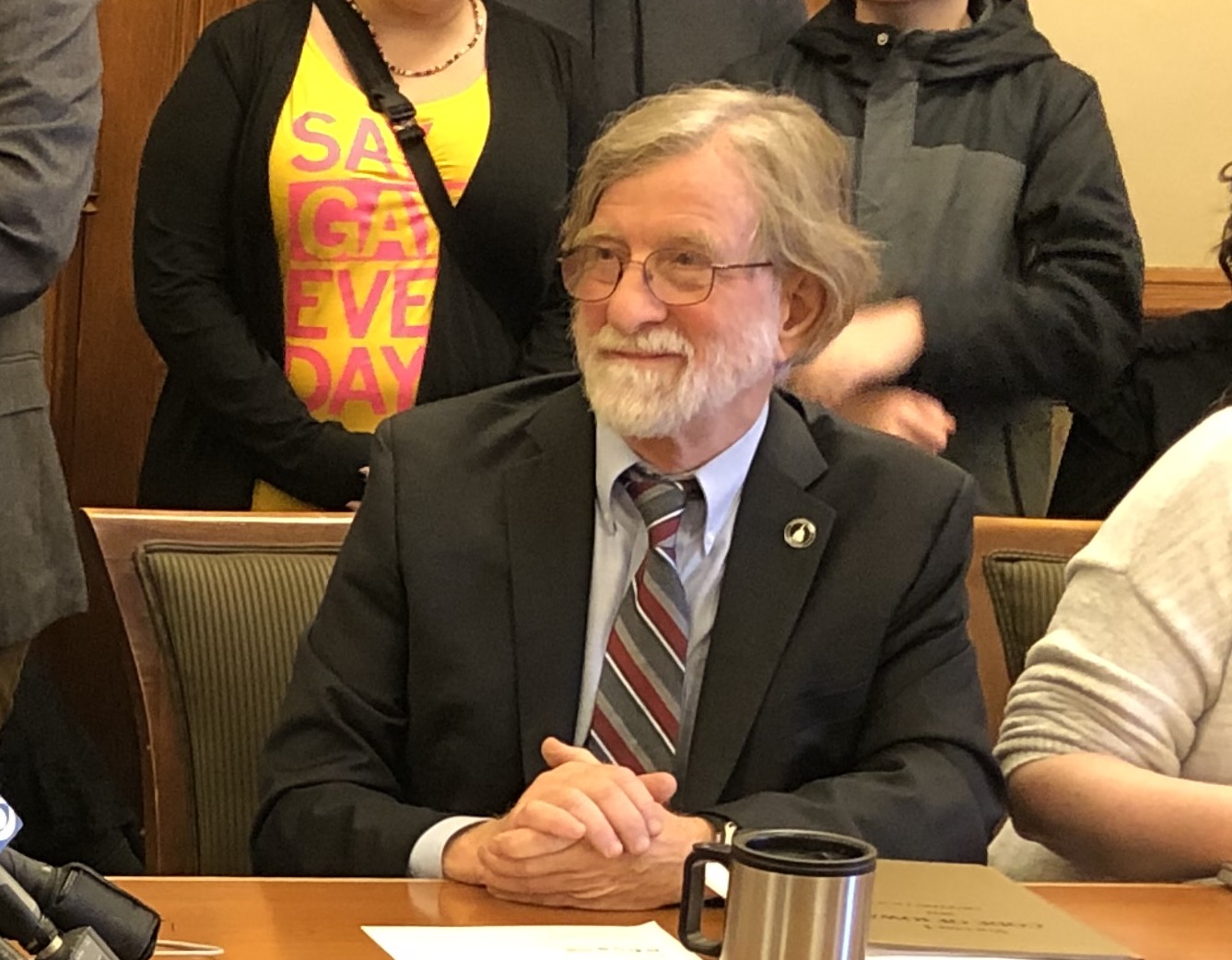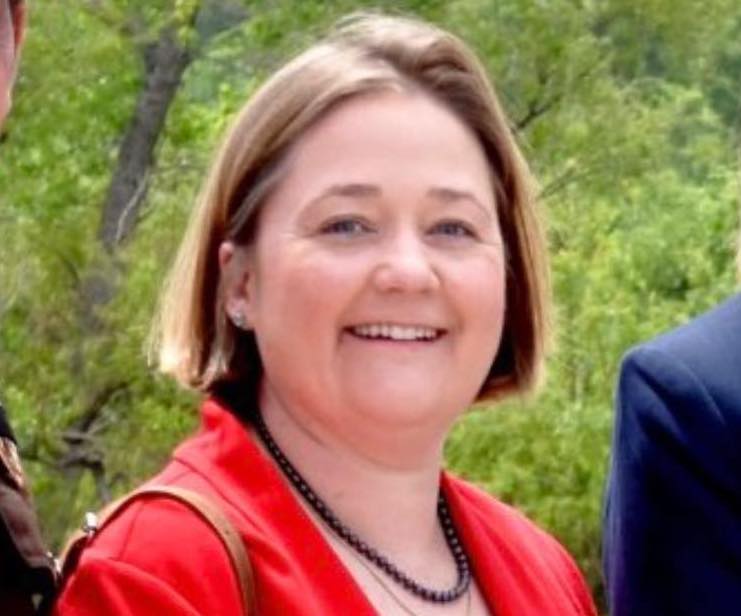Bruce Lear lives in Sioux City and has been connected to Iowa’s public schools for 38 years. He taught for eleven years and represented educators as an Iowa State Education Association regional director for 27 years until retiring.
As Republican presidential wannabes traipse across the countryside, offering 30-second solutions for complex problems, a more immediate election is looming. School board elections on November 7 will help determine whether our community school thrives, suffers, or dies.
Currently, Governor Kim Reynolds and a group of legislative lemmings are committed to creating a two-tiered school system in Iowa, separate and unequal, both funded with public dollars. One tier is used as a political punching bag, has new laws to cope with, accepts all students, and is chronically underfunded. The other tier has funding from a new voucher entitlement, can pick and choose who to accept, and has little to no accountability to taxpayers.
Continue Reading...
